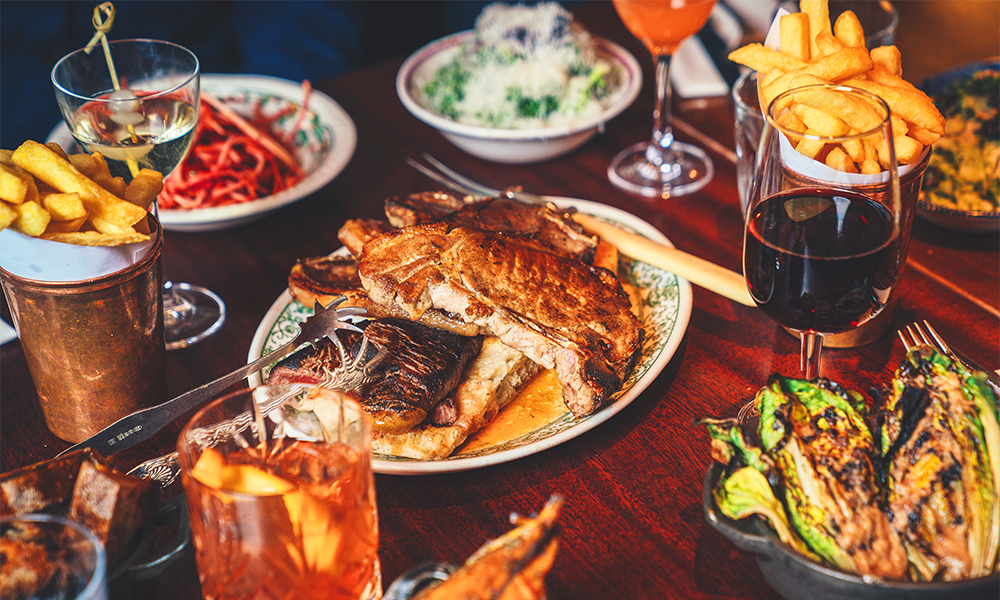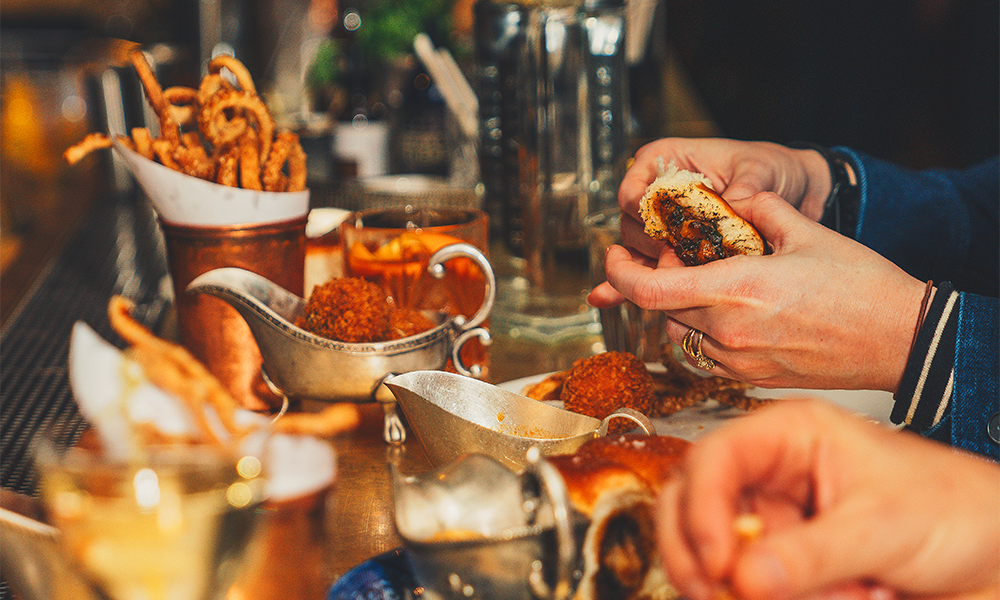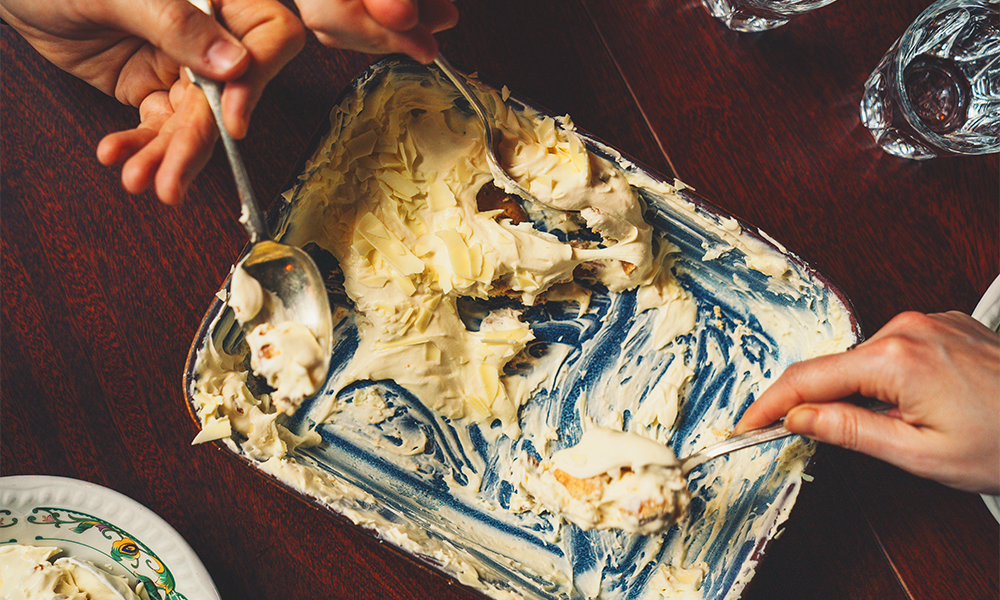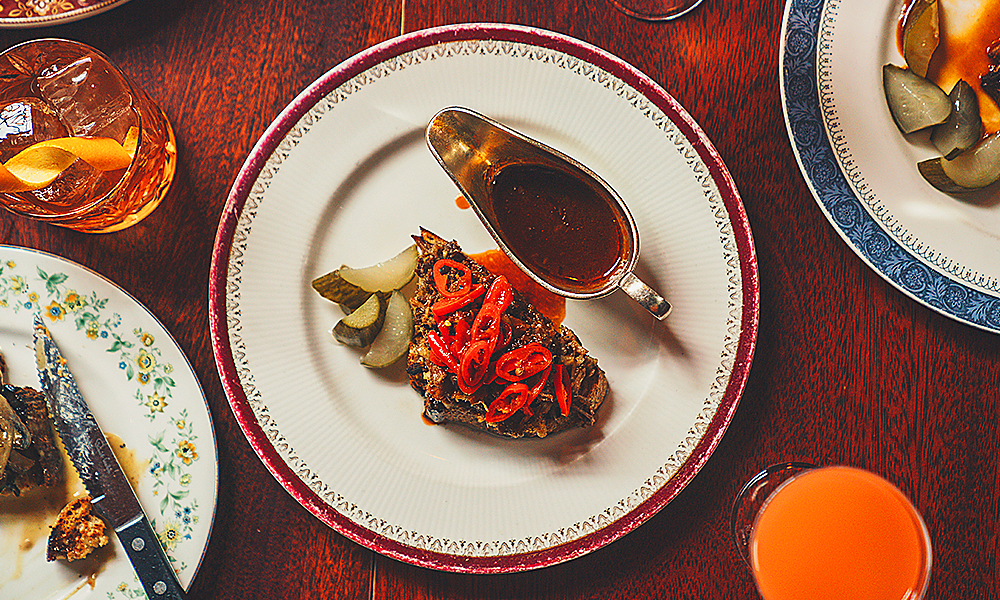Restaurant and bar in Frobisher Passage will see the Soho success story move east with a 2am licence
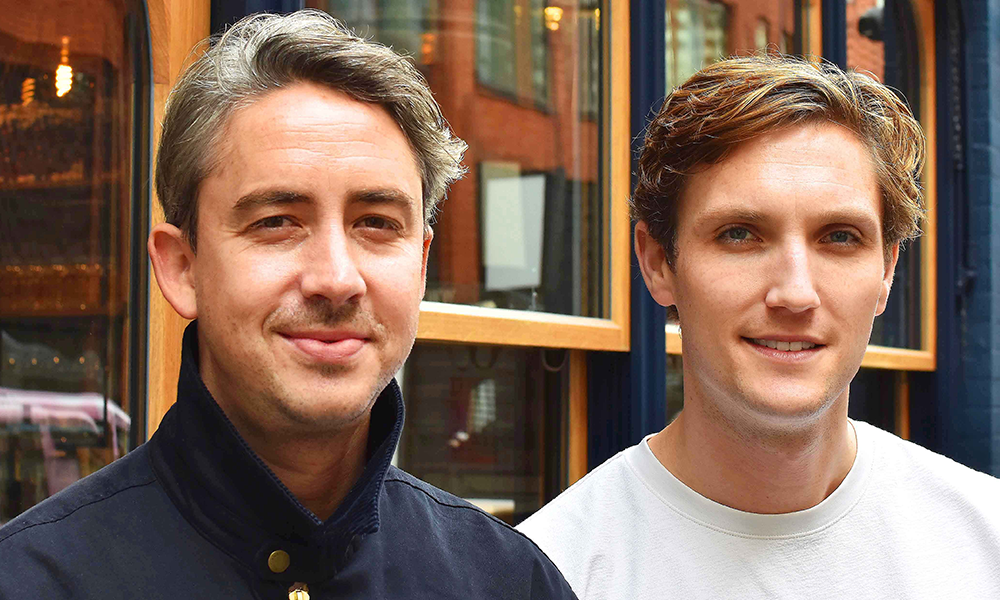
Subscribe to our free Wharf Whispers newsletter here
Kricket is set to try something different in Canary Wharf.
Over recent years, the estate’s restaurant and bar scene has flourished thanks to a torrent of new arrivals.
The likes of Dishoom, Hawksmoor, Mallow and Oysteria have built on the solid foundations laid by Amerigo Vespucci, Roka and Boisdale Of Canary Wharf to transform the estate into a compelling culinary destination.
However, even with a wealth of destinations to choose from, finding food after 10pm can be challenging.
While some venues are open until midnight and a few don’t close until 2am, they are the exception rather than the rule.
But Will Bowlby and Rik Campbell feel this corner of London is now right for a venue that cooks into the small hours.
“We’ve got a late licence on the site so we can open to 2am, which is great for our bar, Soma, but we’re also going to use that for our restaurant, Kricket, and do the full service until late, on the nights that demand it – Thursday, Friday and Saturday,” said Rik, who co-founded the business with university friend Will in Brixton.
“It’s a selling point and I think we can get a following going for it.”
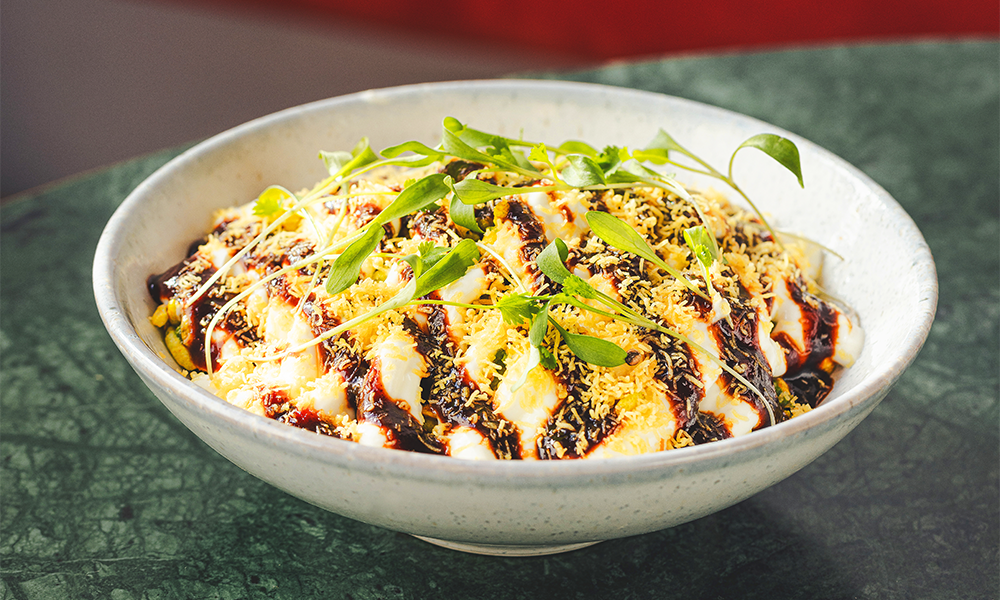
Will, who works as the business’ executive chef, added: “We took a lot of our team over to Mumbai in January this year – many have been with us for five years or more – as we wanted to show them the city we were inspired by.
“There’s a lot of late-night eating there and we thought it would be great to recreate that vibe – Mumbai really is a 24-hour city, even if London isn’t.”
There’s something fitting, perhaps, in the arrival of a cutting-edge brand in Docklands that started life in a shipping container in Brixton.
Those metal oblongs were themselves a transformative force for shipping – their introduction one of the factors that left the docks obsolete, clearing the way for Canary Wharf to emerge.
“We started Kricket in 2015,” said Will, who went straight to work in a London kitchen after university in Newcastle, before moving over to India.
“I cooked the food and Rik served the customers.
“It was like a foray into the darkness – we didn’t really know what we were doing until we opened – then we learnt as we went along.
“From there, we opened in Soho in January 2016.”
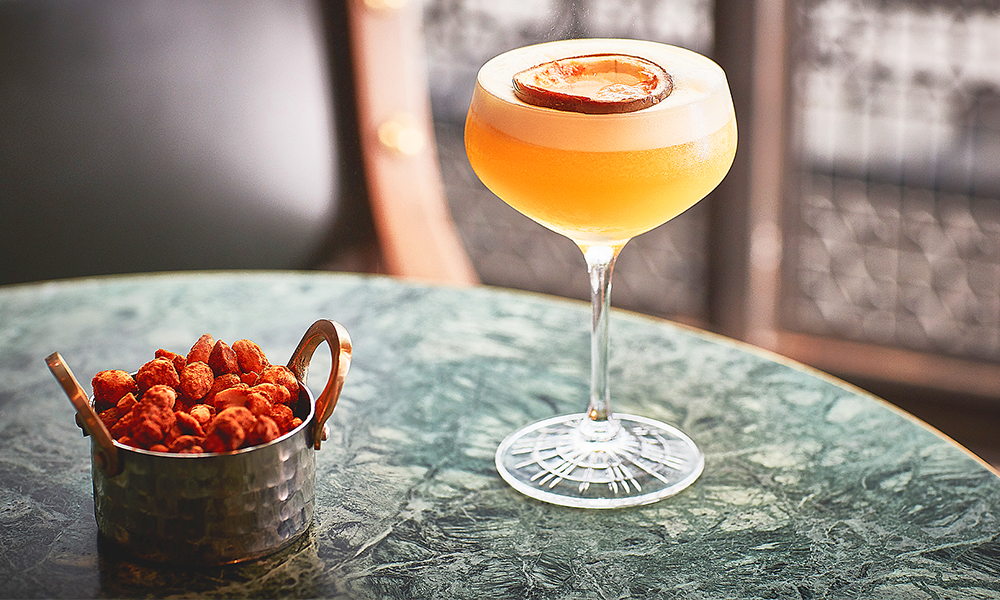
Rik, for his part, had always wanted to work in hospitality but spent time at Deloitte in corporate finance before joining forces with Will.
Their Soho venture was a success and Kricket now operates three sites – a restaurant under railway arches in Brixton and another in White City.
“Having been in India, we wanted to showcase what we’d seen there,” said Will.
“When I was first over there, I was running a European restaurant – but I was always more interested in what I wasn’t cooking.
“In London at the time, there were high-end Indian fine dining establishments and curry houses with very little in between.
“It was about waiting for an opportunity and that was the container.”
Rik added: “We were young – in our mid-20s – and naiveté was bliss.
“We did 50 covers on our first night – mostly friends and family – but we had no kitchen porter and no bar.
“A lot of time we would get out of trouble because Will’s food is so good.
“We had a lot of fun, just focused on the food and service and worked really hard doing 90-100 hour weeks.
“It was an important part of the journey, but you couldn’t pay me to go back there now.”
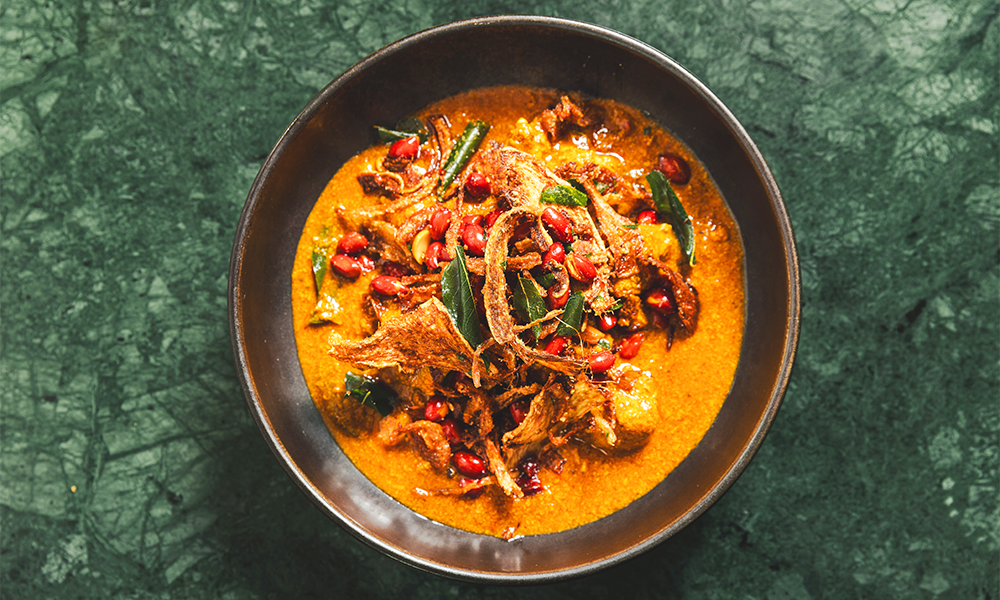
The buzz the duo created won them recognition and a shot at Soho, attracting a line of diners with an open kitchen and counter service.
“Eventually they took on the space next door, opening basement bar Soma at least partly to lucratively lubricate those waiting in the queue.
It’s this combination that will inform their forthcoming Canary Wharf branch – tentatively expected to open in July, 2024, at Frobisher Passage under the DLR.
“The site was in a very unassuming building, quite un-Canary Wharf, but Rik said we must go and see it,” said Will.
“It’s underneath the DLR, quite tucked away, opposite Blacklock.
“Neither of us had been to Canary Wharf for about 10 years, and we’d assumed that it wasn’t really where we wanted to be.
“But when we went over there, we were really surprised by how much it had changed.
“It’s a full seven-day operation with an established community – lots of committed residents, people visiting and staying locally.
“You can get to our Soho branch near Piccadilly Circus via the Elizabeth Line in less than half an hour.”
So what can people expect from the new venue when it opens its doors?
“Kricket is our interpretation of Indian food,” said Rik. “It’s such a varied cuisine – there’s so much to learn and to eat.
“Our menus are constantly changing and we showcase local ingredients in dishes that are designed to be shared, just as they are in India.”
Will added: “We’ve designed the restaurant so people can come on their own, as a couple or with eight or 10 people for a feast.
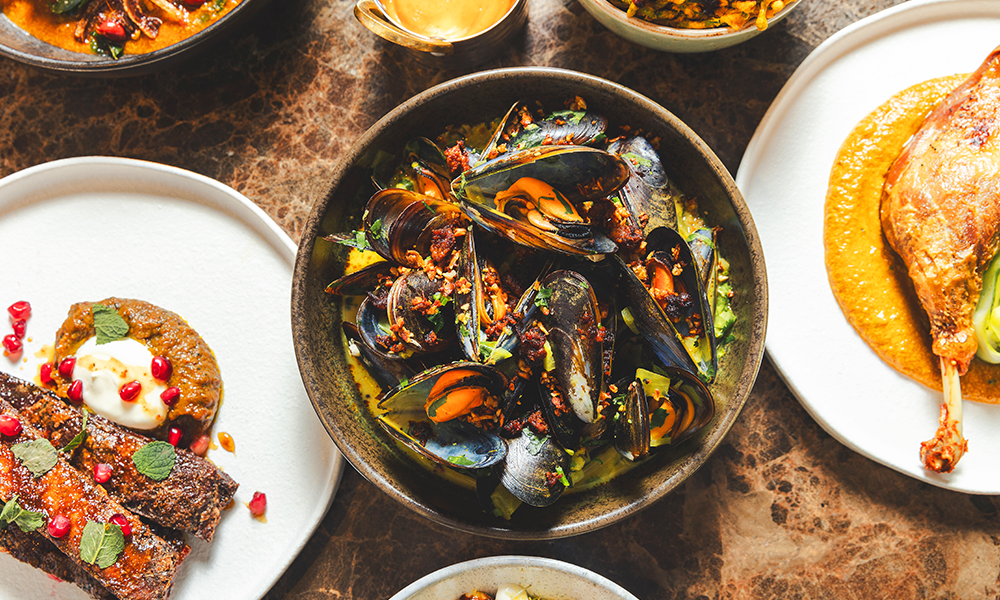
“We have dishes from £2-£45 so it’s accessible.
“The most expensive one is really a big showcase of a plate.
“We’ve always had open kitchens, which is unusual for an Indian restaurant and it’s how we like to eat – up at the counter.
“Then there will be Soma, which will have a different feel and its own entrance.
“If Kricket is a bustling market-like place, then Soma is the quiet little sister – a little broody and underground.
“In Canary Wharf it will be India and beyond with a definite Japanese influence and elements from across Asia.
“Our Soho bar was formerly a Japanese gentleman’s club so we’ve taken inspiration from that in the classic style of the drinks. High quality and reasonably priced.”
While the last time Will and Rik ate together at Kricket they had the steak with garlic bread, when asked for guidance, Will was clear.
“Start with the tomato rasam pani puri (£2) and then have the bhel puri (£7.50),” he said.
“The first is an explosion in your mouth and the second has been on the menu since day one.”
Anyone else salivating?
key details
Kricket and Soma are set to open in Canary Wharf’s Frobisher Passage in July, 2024.
Find more information about Kricket here
Read more: How St James’ Bow Green development is at one with nature
Read Wharf Life’s e-edition here
Subscribe to our free Wharf Whispers newsletter here
- Jon Massey is co-founder and editorial director of Wharf Life and writes about a wide range of subjects in Canary Wharf, Docklands and east London - contact via jon.massey@wharf-life.com




